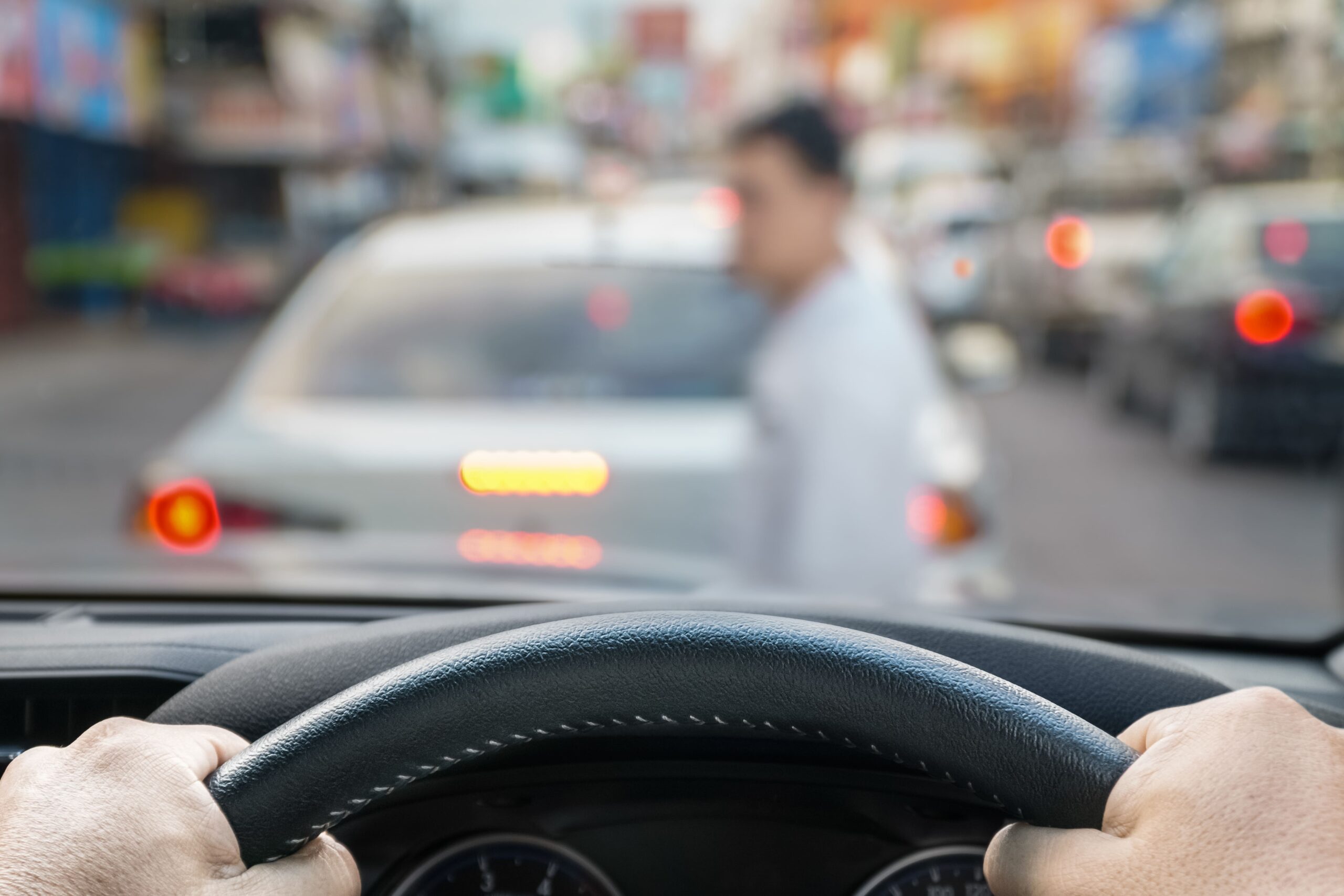
Many people think there is little they can do in terms of making a claim for compensation if they or a loved one is the victim of a Hit & Run road traffic incident. But the good news is, there is still much you can do to pursue a claim, even if the vehicle and driver are never identified, or they turn out to be uninsured. Brain injury lawyer Kirsty Mors explains more…
According to the latest government statistics on reported road casualties in Great Britain, more than 27,000 people suffered serious injuries on the UK’s roads in 2021, with another 100,000 suffering less severe injuries.
These only account for the incidents that have been reported to the police, the numbers are therefore likely to be a lot higher. In fact, up to half of all brain injuries are estimated to occur on the road. We don’t know exactly how many of these were as a result of a Hit & Run incident, but we do know it’s likely that in a high percentage of such incidents the drivers and vehicles were never identified.
As a result, for anyone affected by such an incident (including their families and loved ones), it can feel like nothing can be done with regards to pursuing a claim for compensation. After all, how do you pursue a claim against an unidentified driver?
But thanks to the creation of the Motor Insurers Bureau (MIB) in 1946 – a not-for-profit organisation funded by the UK insurance industry to protect victims of accidents caused by uninsured and untraced drivers – help is at hand. Through its Untraced Drivers Agreement, the MIB deals with more than 15,000 Hit & Run claims every year where the driver has never been identified.
There is therefore much that can be done to help anyone who has suffered a Traumatic Brain Injury (TBI) to get the help and support they need. Here is our advice to anyone who thinks they – or someone they know – may have a claim:
- Get as much information as you can at the scene of the accident – witness details, statements, camera footage
- Try to take down the make, model, colour and registration of the vehicle (or vehicles involved)
- Always report the incident to the police as soon as possible, this should be within 14 days unless of the incident unless you have a good reason not to
- Seek medical attention, either immediately or as soon as possible after the incident. The MIB will require evidence that you have sustained an injury, so having this documented by a medical professional as early as possible is helpful
- Take photographs of any damage to your vehicle (if you are in a position to do so)
- Notify your insurer (if you have one) but don’t rush into accepting your own insurer’s legal advice… always opt for a specialist who has exacting knowledge and experience of dealing with cases involving your specific injuries
We approach any claim under the MIB scheme in the same way that we would if it were a claim directly against a motor insurer. The MIB essentially acts as the defendant and it is still for the injured person to prove that they should receive compensation, and the level of compensation that they should receive, which is where we can help.
At Coulthursts, we have specific experience of successfully pursuing claims against the MIB and we always have the same end goal in mind – to secure the level of compensation that truly reflects the often devastating, long-term effects of being injured by an unknown, or uninsured, Hit & Run driver.
For our terms of use and disclaimer follow this link: https://coulthursts.co.uk/
